The Regional Secretariat for Energy, Environment and Tourism, through the Regional Directorate for the Environment, will carry out various environmental awareness and education activities on all the islands, as part of the celebrations of World Wetlands Day, to be celebrated on February 2 and this year is dedicated to the theme “Biodiversity and Wetlands”.
These actions, promoted by the educational services of the Natural Parks of the Azores, include field trips to observe these places and the planting of endemic species, among other initiatives.
On Saturday, February 1st, the highlight is the realization, in Faial, of the activity “Canyoning in the Park”, with a descent in gorges, following the course of a stream, which aims to provide an environment with the local bio and geodiversity.
In Terceira, on the same day, the “RAMSAR Walk” takes place, with an interpretive tour to Furnas do Enxofre, a place classified as a Natural Monument and part of the Ramsar site ‘Planalto Central da Terceira’.
In Corvo, on February 2nd, there will be a lecture on the importance of wetlands and the preservation of these habitats, with the theme “Caldeirão – a Ramsar site”, at the Wild Birds Interpretation Center.
In Flores, also on Sunday, “A Walk through Wetlands” takes place, through a walking trail to observe Lagoa Funda, accompanied by explanations about the importance of preserving water resources.
On this day, activities will also take place in Pico, with an endemic plantation, and in São Jorge, with the pedestrian trail “Through the eyes of a Nature Watcher”, where the characteristics of the protected area to be visited will be explained.
As it coincides with the National Day of the Nature Watcher, many of the planned actions are promoted by these professionals, highlighting their mission in the monitoring and surveillance of the Azores Protected Areas Network.
Still in São Jorge, but on February 3, there will be a field trip to Fajã dos Cubres where the local fauna and flora will be approached, emphasizing the wetland.
From Monday until February 28, in Graciosa, field trips will take place to collect and analyze water samples from different sources, such as tap water, tank fountains, wells and Furna da Water, under the theme “Water Reserves”.
In addition to these trips, aimed at local ATLs, a guided tour of Furna do Enxofre will take place on this island next week and the promotion, through the School Park, of another activity called “Tabuleiro das Azores Wetlands dos Açores”.
In São Miguel, on the same date, there is a walking route from Loja do Parque to the Sete Cidades Tunnel, to observe the local biodiversity of the Ramsar Site of the Sete Cidades Volcanic Complex.
In Santa Maria, on February 8, “Adventures and Discoveries” will take place in Pico Alto, on a pedestrian path at the highest point of the island planned for families and with the objective of promoting the observation of local bio and geodiversity.
In the Azores, 13 Wetlands of International Importance were officially designated by the Ramsar Convention, namely the Caldeirão do Corvo, the Central Plateau of Flores (Morro Alto), the Caldeira do Faial, the Central Plateau of Pico (Achada), the Central Plateau of São Jorge (Pico da Esperança), the Fajãs of Lagoas de Santo Cristo and Cubres, in São Jorge, the Caldeira da Graciosa (Furna do Enxofre), the Central Plateau of Terceira (Furnas do Enxofre and Algar do Carvão), Paul da Praia da Vitória, the Volcanic Complex of Furnas, the Volcanic Complex of Sete Cidades, the Volcanic Complex of Fogo, Ilhéus das Formigas and Recife Dollabarat, totaling an area of approximately 13 thousand hectares.
All of these sites, with the exception of Paul da Praia da Vitória, are part of the Azores Protected Areas Network and are managed by the Regional Environment Department, through the Island’s Natural Parks.
World Wetlands Day is the result of the Convention on Wetlands, generally known as the Ramsar Convention, as it was adopted on February 2, 1971 in this Iranian city, and aims to promote international cooperation and encourage the conservation and sustainable use of the wet zones.
Portugal ratified the Convention in 1980 and has 31 Wetlands of International Importance classified under this treaty (Ramsar sites), including those located in the Azores archipelago.
Among the ecosystem services provided by wetlands are the supply of aquifers and the natural filtering of water resources, the prevention of climatic phenomena, both floods and droughts, and resources in biodiversity, geodiversity and landscape of high economic value. , scientific, cultural and recreational.
To the actions promoted directly by the Regional Directorate for the Environment, and developed by the Island Natural Parks, several entities are associated, such as municipalities, schools and non-governmental organizations, involving a wide school audience and communities.
To learn more about the Azores Wetlands and the calendar of events, those interested can consult the official portal of the Ramsar Convention, at http://ramsar.org/, as well as the various thematic portals of the Regional Environment Directorate: http://educarparaoambiente.azores.gov.pt ; http://siaram.azores.gov.pt/vegetacao/zonas-humidas/_intro.html and http://www.azores.gov.pt/Gra/srrn-natureza/menus/secundario/Áreas+RAMSAR/.
